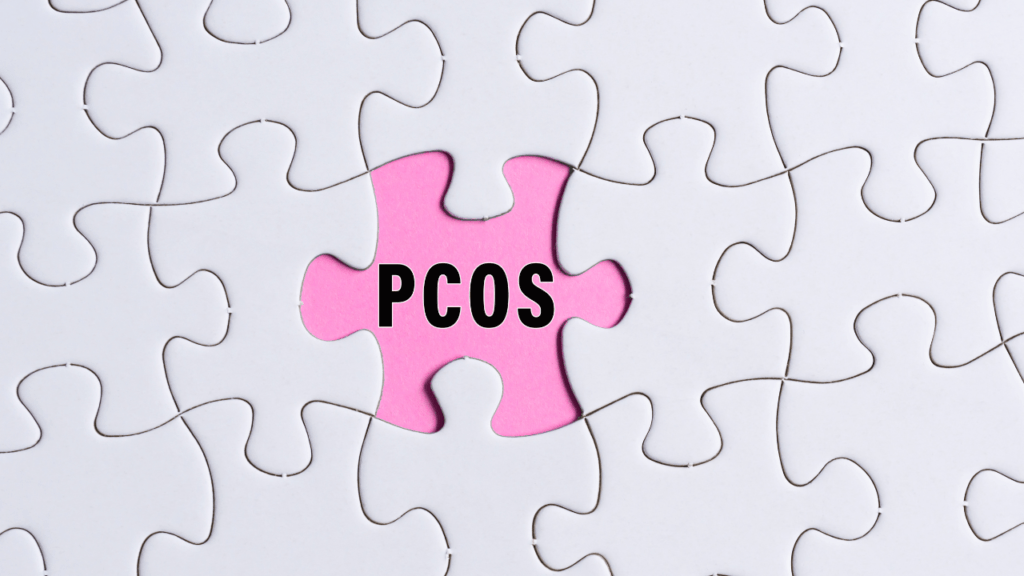Worried about PCOS? Here is best workout for PCOS. You can do these exercises and follow the given diet. So be ready to get some knowledge.
What time is best for exercise for a PCOS woman?
The best time for exercise for a woman with PCOS (Polycystic Ovary Syndrome) depends on her individual needs and preferences. Generally speaking, the most beneficial time for exercise for those with PCOS may be in the morning, as physical activity can help regulate hormones and maintain a healthy weight. Studies have also shown that women with PCOS have better results when they exercise in the morning as it sets them up for the rest of the day. Additionally, exercise in the morning allows for more energy and mental clarity throughout the day.
Women with PCOS should also aim to vary their exercise routine throughout the week, focusing on cardiovascular activities such as walking, running, and cycling, as well as strength training activities, such as resistance and weight lifting. Additionally, incorporating flexibility exercises, such as yoga and Pilates, into a routine can help improve posture and manage stress levels. Ideally, a woman with PCOS should aim to engage in moderate to vigorous physical activity for at least 30 minutes a day, five days a week.
Overall, the best time to exercise for a woman with PCOS is ultimately up to the individual. Working with a healthcare professional can help determine which type and amount of physical activity is best for an individual’s needs and goals.
What is the most effective workout for PCOS?

The most effective workout for PCOS (polycystic ovarian syndrome) will vary from person to person, but there are a few general guidelines to follow when creating a workout plan.
The first step to designing an effective workout routine for PCOS is to commit to a regular exercise schedule. Even if it’s only a few minutes a day, consistency is key. Regular exercise can help reduce symptoms such as weight gain, fatigue, and mood swings.
In addition to regular exercise, high-intensity interval training (HIIT) has been shown to be especially beneficial for PCOS. HIIT is a type of exercise that alternates between short bursts of intense activity (like sprinting) and short periods of rest. HIIT can help to boost metabolism and reduce insulin resistance.
Strength training is also important for PCOS. Research has shown that strength training can help to reduce symptoms such as fatigue and improve overall muscle mass. When designing a strength training routine, focus on multi-joint exercises that involve several muscle groups at once. Examples of multi-joint exercises include squats, lunges, pull-ups, and push-ups.
Finally, adding yoga and/or stretching to your workout routine can be beneficial for PCOS as well. Yoga and stretching can help to improve flexibility, reduce stress, and boost overall mood.
In conclusion, the most effective workout plan for PCOS will vary from person to person. However, following a regular exercise schedule, adding HIIT workouts, incorporating strength training, and practicing yoga/stretching are all key components of an effective PCOS workout plan.
What is the perfect combination of a diet and workout for PCOS?
The perfect combination of diet and workout for PCOS is one that focuses on overall health, with an emphasis on reducing inflammation, balancing hormones, and controlling blood sugar levels.
Start by eating a balanced diet that is low in processed foods, refined carbs, and sugar, and rich in fiber, lean proteins, healthy fats, and colorful fruits and vegetables. Adding foods like nuts, seeds, and fatty fish can help with inflammation and healthy fats.
In terms of exercise, it is important to focus on activities that reduce stress, boost mood, and help to control insulin and glucose levels. This could include activities like jogging, biking, strength training, or even yoga. Aim for 30 minutes or more of activity each day.
Finally, make sure to get adequate rest and hydration to help balance hormones and manage stress levels.
By following a balanced and healthy diet and exercising regularly, you can help keep your PCOS in check and improve your overall health.

